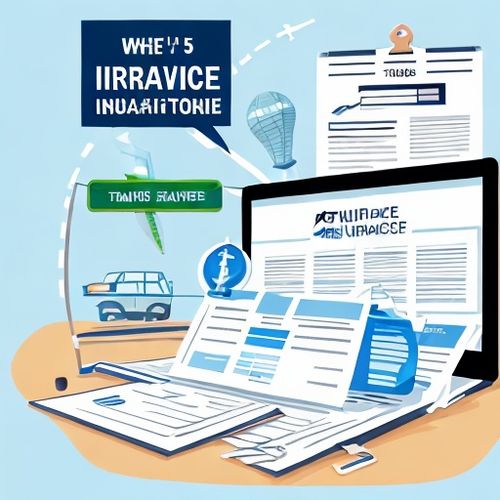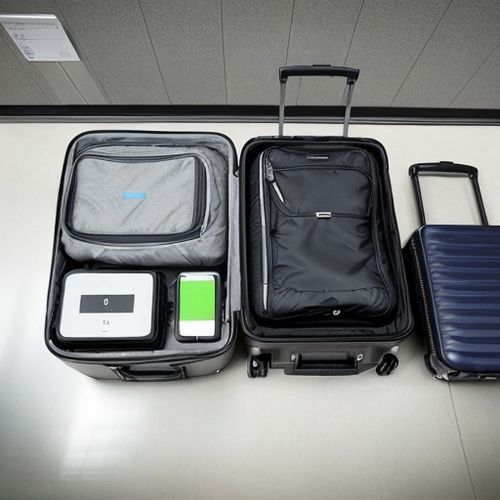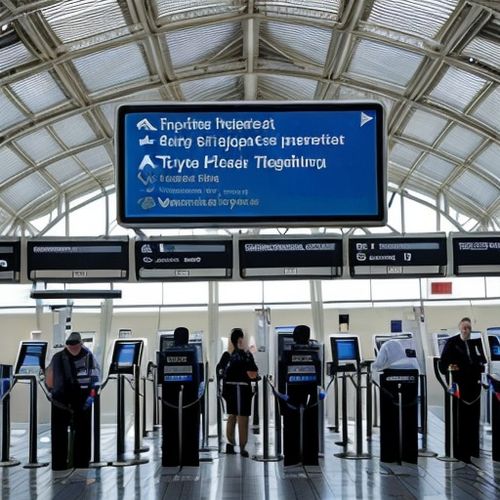Planning an African safari adventure requires more than just packing your binoculars and camera. Health precautions, particularly vaccinations, play a crucial role in ensuring a safe and enjoyable journey. The vast and diverse landscapes of Africa expose travelers to unique health risks, making it essential to prepare well in advance. From yellow fever to typhoid, understanding which vaccines are required or recommended can mean the difference between a memorable expedition and a health crisis.
Yellow fever stands out as one of the most critical vaccinations for safari-goers. Many African countries, especially those in sub-Saharan regions, mandate proof of yellow fever vaccination for entry. This mosquito-borne disease can be severe, leading to high fever, jaundice, and even death. The vaccine should be administered at least ten days before travel to ensure immunity. Some countries may deny entry without the proper documentation, so carrying an International Certificate of Vaccination is non-negotiable.
Another vaccine that should be on every traveler’s radar is typhoid. Contaminated food and water are common sources of typhoid fever, particularly in rural areas where sanitation may be limited. The vaccine is available in both oral and injectable forms, with the injectable version providing protection for about two years. Given that safari itineraries often include remote locations with limited medical facilities, safeguarding against typhoid is a prudent measure.
Hepatitis A and B are also highly recommended for those venturing into the African wilderness. Hepatitis A spreads through contaminated food or water, while Hepatitis B is transmitted via blood or bodily fluids. Both can lead to serious liver complications. The Hepatitis A vaccine is typically given in two doses six months apart, while Hepatitis B requires three doses over six months. For those with limited time before departure, accelerated schedules are available, though they may not provide long-term immunity.
Malaria, though not vaccine-preventable, demands serious attention. Prophylactic medications are a must, and the choice of medication depends on the destination and individual health factors. Drugs like doxycycline, atovaquone-proguanil, and mefloquine are commonly prescribed. It’s crucial to start these medications before arrival and continue them after leaving the malaria zone. Combining antimalarials with mosquito repellents, long sleeves, and bed nets significantly reduces the risk of infection.
Rabies is another concern, particularly for travelers planning extended stays or engaging in activities that might bring them into contact with animals. Safari adventures often involve close encounters with wildlife, and rabies is endemic in many African countries. The vaccine is administered in three doses over a month, making it essential to plan ahead. While the vaccine doesn’t eliminate the need for post-exposure treatment, it buys valuable time in case of a bite or scratch.
Routine vaccinations should not be overlooked. Ensuring that tetanus, diphtheria, pertussis (Tdap), measles-mumps-rubella (MMR), and influenza are up to date is just as important as getting destination-specific shots. These diseases may seem mundane, but outbreaks can occur, and medical facilities in remote areas may not be equipped to handle them. A pre-travel consultation with a healthcare provider can help identify any gaps in routine immunizations.
Timing is everything when it comes to vaccinations. Some require multiple doses spaced weeks or months apart, while others need time to become effective. For instance, the yellow fever vaccine provides lifelong immunity after a single dose, but others like Hepatitis B require a longer lead time. Starting the vaccination process at least six weeks before departure ensures adequate protection and allows for any potential side effects to subside.
Beyond vaccines, travelers should consider other health precautions. A well-stocked travel medical kit with essentials like antidiarrheal medication, rehydration salts, and antiseptics can be a lifesaver. Travel insurance that covers medical evacuation is also advisable, as emergencies in remote areas can be costly and logistically challenging. Staying informed about current health advisories and outbreaks in the destination country is equally important.
African safaris are unparalleled experiences, offering breathtaking wildlife and landscapes. However, the excitement of the journey should not overshadow the importance of health preparedness. Vaccinations are a cornerstone of safe travel, shielding adventurers from preventable diseases. By planning ahead and consulting with travel health specialists, safari-goers can focus on the thrill of the wild rather than the worry of illness.

By William Miller/Apr 11, 2025

By Lily Simpson/Apr 11, 2025

By Thomas Roberts/Apr 11, 2025

By John Smith/Apr 11, 2025

By Thomas Roberts/Apr 11, 2025

By John Smith/Apr 11, 2025

By Rebecca Stewart/Apr 11, 2025

By Sophia Lewis/Apr 11, 2025

By Sophia Lewis/Apr 11, 2025

By Lily Simpson/Apr 11, 2025

By Sophia Lewis/Apr 11, 2025

By William Miller/Apr 11, 2025

By Ryan Martin/Apr 11, 2025

By David Anderson/Apr 11, 2025

By Ryan Martin/Apr 11, 2025

By Laura Wilson/Apr 11, 2025

By Eric Ward/Apr 11, 2025

By Ryan Martin/Apr 11, 2025